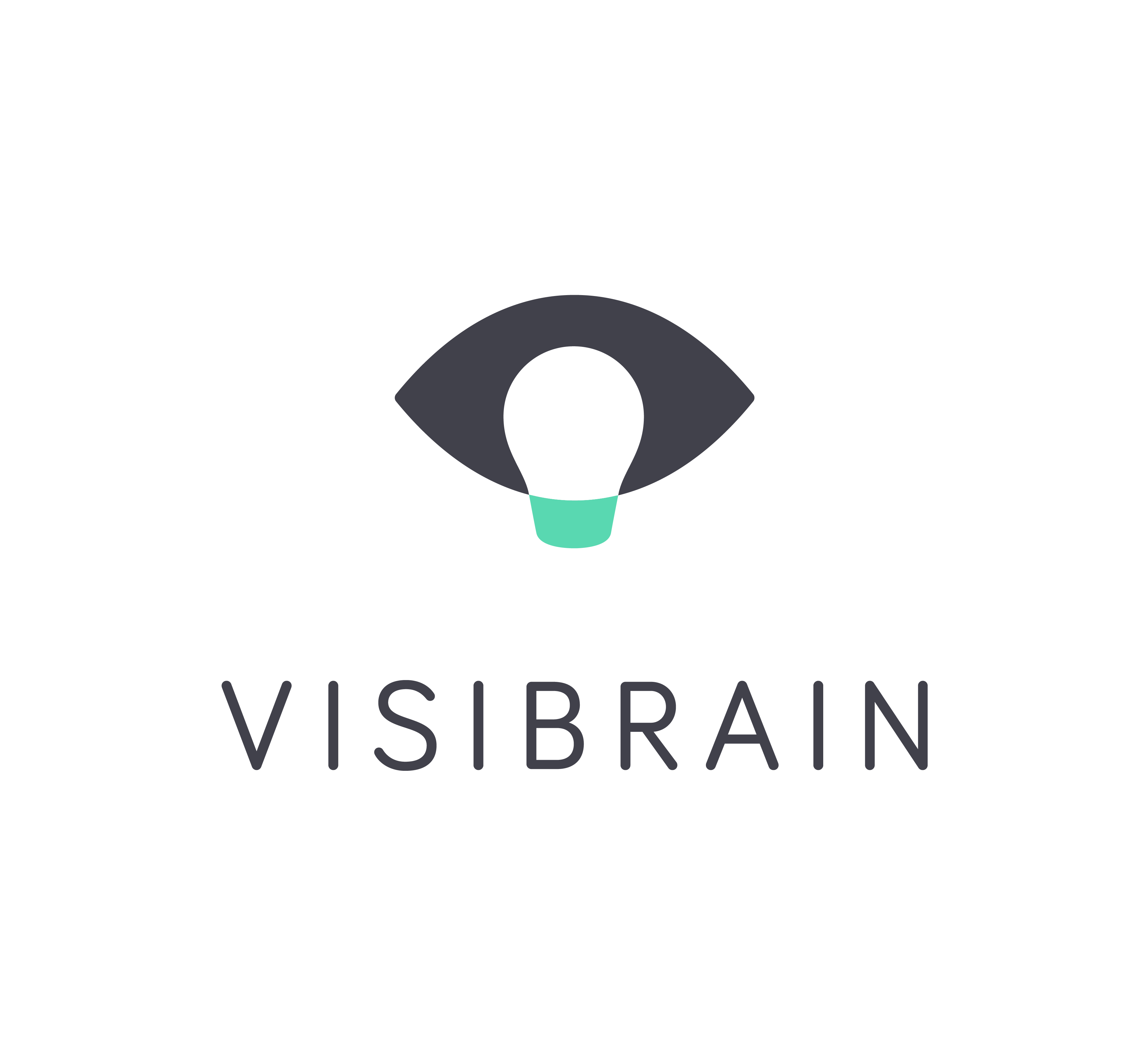I just read a fantastic article in Wired written by David Byrne, former leader of the Talking Heads. In it, he dissects the music industry and the way in which digital distribution has changed everything. It is fascinating for me, a former musician, to look at how a successful industry insider views the various ways artists join forces with labels, publishers and distributors. More in line with this blog, his description of what music is grabbed me. From his opening:
What is music?
First, a definition of terms. What is it we're talking about here? What exactly is being bought and sold? In the past, music was something you heard and experienced â€" it was as much a social event as a purely musical one. Before recording technology existed, you could not separate music from its social context. Epic songs and ballads, troubadours, courtly entertainments, church music, shamanic chants, pub sing-alongs, ceremonial music, military music, dance music â€" it was pretty much all tied to specific social functions. It was communal and often utilitarian. You couldn't take it home, copy it, sell it as a commodity (except as sheet music, but that's not music), or even hear it again. Music was an experience, intimately married to your life. You could pay to hear music, but after you did, it was over, gone â€" a memory.
It all just keeps coming back to the social. It is in our DNA. It is an important part of what so many of us desire and seek.
If his quote or article grabs you, be certain to listen to the 'lunch conversation' audio between Byrne and Brian Eno. Links are on the article pages. I'm a massive Eno fan, and this was an extra bonus that I found to be remarkable.
Link to original post






